
More than 80% of patients had drug-related problems, highlighting the need for inpatient antiretroviral stewardship.
Abene is currently a freelance writer and editor who contributes to Contagion. She is the former Assistant Editor for Contagion. She can be emailed at: sophiaabene@gmail.com.

More than 80% of patients had drug-related problems, highlighting the need for inpatient antiretroviral stewardship.
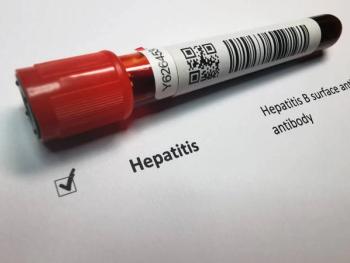
New longitudinal study findings suggest booster vaccination may not be necessary despite declining antibody levels.

Application of GBD methods reveals substantial RSV-attributable hospitalizations and informs vaccine and surveillance strategies.
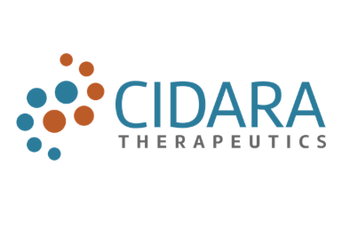
Single-dose, nonvaccine antiviral shows significant seasonal prophylactic efficacy and favorable safety profile in over 5000 healthy adults.
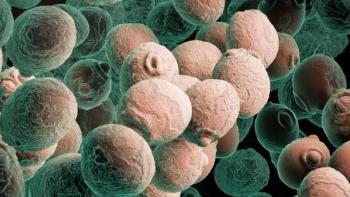
At ASM Microbe 2025, a Puerto Rico study linked increased fungal spore concentrations to rises in viral respiratory infections, suggesting potential early warning utility.
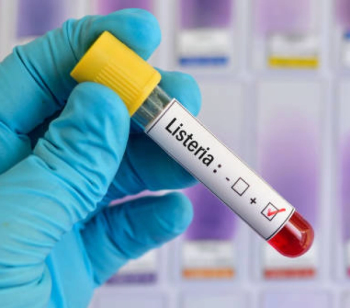
FDA and CDC warn consumers as recalled heat-and-eat meals sold at Kroger and Walmart are tied to multiple hospitalizations, one pregnancy loss, and ongoing risks.

At ASM Microbe 2025, a cross-sectional study highlighted Burkholderia cepacia dominance, widespread antibiotic resistance, and key risk factors, including invasive device use and patient demographics.

At ASM Microbe 2025, researchers underscored the role of NAAT in outpatient CDI diagnosis and raised concerns over PPI-related risk in older, health care–associated cases.

A study presented at ASM Microbe 2025 questions the clinical value of adding enzyme immunoassays to PCR-based CDI diagnostics amid sensitivity concerns.

Presented at ASM Microbe 2025, a bioinformatics study highlights 9 human miRNAs capable of binding and potentially inhibiting both hepatitis C and bovine viral diarrhea viruses.

Gilead’s Yeztugo, a long-acting HIV capsid inhibitor, shows 96 to 100% efficacy in phase 3 trials and aims to expand access worldwide through regulatory filings and support programs.
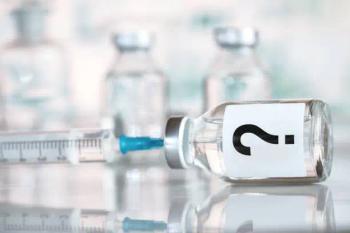
A ValuePenguin poll of more than 2000 adults highlights partisan divides, persistent myths, and concerns over vaccine access, with 41% fearing skepticism could hinder immunization efforts.
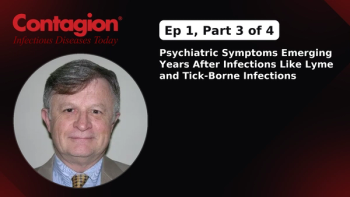
Ep 1, Part 3 of 4 with Robert Bransfield, MD, explores treatment-resistant mental health issues linked to infection history and diverse progression patterns.
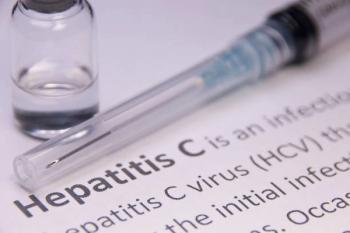
Data from the 2023 Centers for Disease Control and Prevention surveillance report highlight key differences in death rates across states and populations, informing targeted public health efforts.
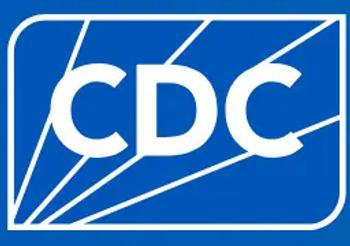
After initially closing its viral hepatitis and sexually transmitted disease laboratories, the CDC rescinds staff terminations, preserving vital disease surveillance and outbreak response capabilities.

Evaluating safety and efficacy against symptomatic, virologically confirmed dengue in children and adolescents.

This week, the FDA expanded Moderna’s RSV vaccine to younger at-risk adults, Merck’s Enflonsia received approval to protect infants from RSV, HHS Secretary RFK Jr replaced the CDC’s ACIP, and more.

Innoviva and GARDP's breakthrough treatment could become the first new gonorrhea antibiotic in decades amid rising antimicrobial resistance.

Phase 3 results show immune response and tolerability in adults 65 and older, following phase 2 findings.
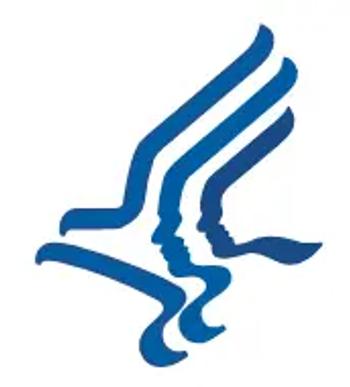
The replacement of all 17 ACIP members sparks concern among medical experts and prompts calls for Senate investigation.

New modeling estimates up to 360,000 symptomatic cases annually, 10 to 18 times higher than reported, with CDC experts calling for expanded testing, reporting, and clinical awareness.

Enflonsia, a single-dose, long-acting antibody, has been FDA approved to significantly reduce RSV infections and hospitalizations in infants, providing new hope for protecting vulnerable babies during RSV season.

Multiple studies highlight fidaxomicin’s effectiveness across high-risk populations despite cost and access challenges, underscoring the need for education and stewardship to improve guideline adherence.

Q&A with Amy Cain discusses cannabidiol and cannabidivarin’s effects on fungal biofilms and drug-resistant strains.

Presented at MAD-ID 2025, Natt Patimavirujh, PharmD, supports fidaxomicin over vancomycin for high-risk groups, including transplant and chemotherapy patients.

Presented at MAD-ID by Mohammed Al Musawa, PharmD, BCIDP, the study found lower clinical success with imipenem-cilastatin-relebactam in obese patients, raising questions about dosing strategies.

At MAD-ID, Alyssa Cox, PharmD, showed fidaxomicin reduces 90-day recurrence by 68.3% versus vancomycin, with rates of 7.9% vs. 19% in 176 hospitalized patients.

At MAD-ID, Jose Alexander, MD, reports 98% susceptibility in ESBL E coli and 76% in K pneumoniae, underscoring the need for species-specific testing.

At MAD-ID 2025, Tiffany Lee, PharmD, presents multi-center findings showing no increase in AKI with higher initial dosing.

At MAD-ID 2025, William R Mikesell, PharmD, presented data showing 20% vs 16% treatment failure rates in doxycycline and minocycline groups.